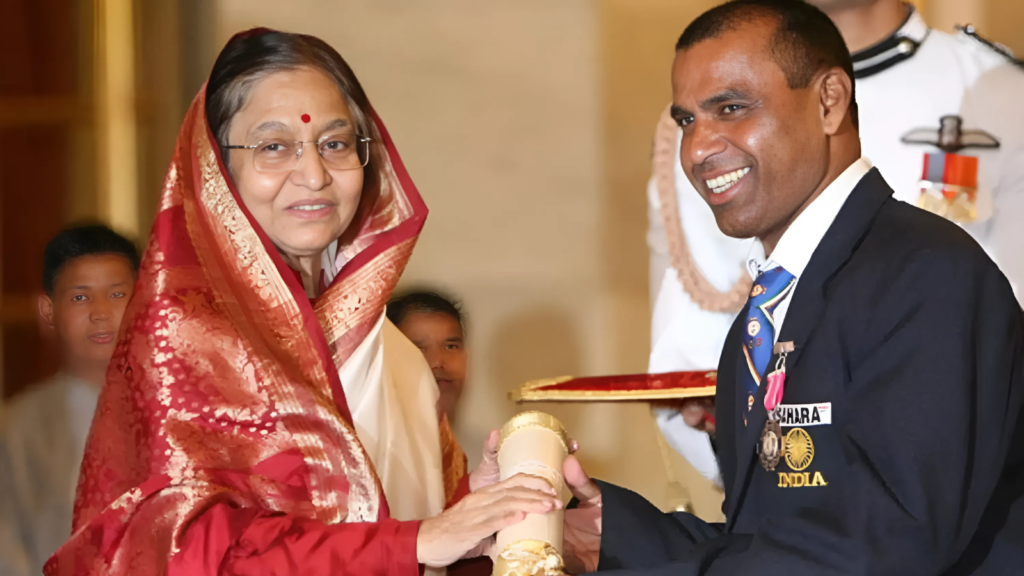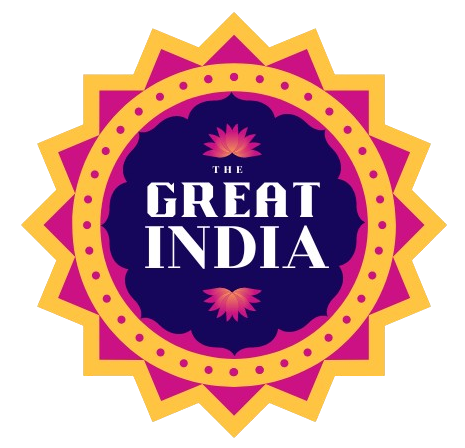Limba Ram, a name once synonymous with Indian archery, is a testament to raw talent and relentless grit. Born in Saradit, a tribal village in Rajasthan’s Udaipur, he grew up in poverty, hunting birds with a makeshift bow and arrow to survive. Little did he know that this childhood game would lead him to represent India in three Olympic Games (1988, 1992, 1996). At 53, Limba Ram remains a forgotten hero, yet his contributions to Indian archery are undeniable.

Limba’s journey began when his talent was spotted during a village trial in 1987, earning him a spot in the Sports Authority of India’s Special Area Games Scheme. At 16, he won the Junior National Championship and debuted at the 1988 Seoul Olympics. Though he didn’t medal, he absorbed techniques from South Korean archers, the world’s best. His breakthrough came at the Asian Archery Championships, where he won team gold and individual silver. In 1992, Limba Ram equalled the 30m world record at the Asian Championships, raising hopes for the Barcelona Olympics. But distractions from Indian officials cost him focus, and a shoulder injury in 1996 derailed his Atlanta Games campaign. Still, he clinched seven national titles, the last in 2003.
Transitioning to coaching in 2009, Limba Ram led Indian archers to 10 World Cup medals, including three golds. However, his traditional methods clashed with players accustomed to foreign coaches, and the 2012 London Olympics flop left him disheartened. He returned to Rajasthan, only to be sidelined by a neurodegenerative disease. In 2020, during the COVID-19 pandemic, the Archery Association of India funded his treatment at AIIMS Delhi. Honored with the Arjuna Award (1991) and Padma Shri (2012), Limba now trains young archers in Jaipur, keeping his passion alive.
Limba’s story is one of triumph over adversity. Growing up, he labored in fields, unaware that archery was an Olympic sport. His rise from a tribal village to global stages inspired generations, paving the way for modern stars like Deepika Kumari and Atanu Das. Yet, the lack of sustained recognition stings. Unlike cricketers or mainstream athletes, archers like Limba Ram often fade into obscurity, their sacrifices overlooked. His coaching tenure, though controversial, showcased his commitment—10 World Cup medals under his guidance speak volumes.
Today, Limba’s legacy endures through the young archers he mentors. His life reflects the struggles of countless Indian Olympic heroes who fight systemic neglect. From Sita Sahu, a Special Olympics medalist turned vendor, to Vikas Krishan, a boxer battling financial woes, their stories echo Limba’s. His call to action is simple: support grassroots talent to build a stronger sporting nation. As Limba Ram trains the next generation, his bow remains drawn, aiming not just at targets but at a future where India’s unsung heroes are celebrated.

